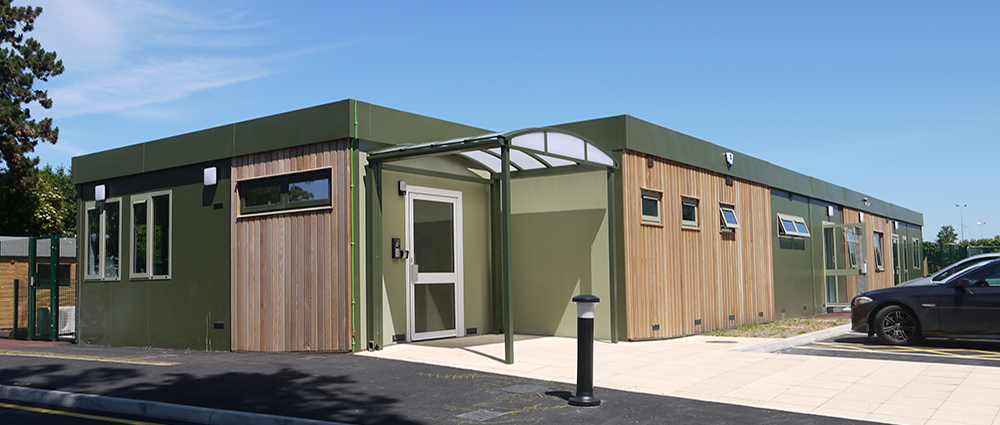How to Buy and Export Prefabricated Buildings from Angola
How to Buy and Export Prefabricated Buildings from Angola
Prefabricated buildings are an accelerated and cost-effective way to construct commercial or industrial properties. They also have a much smaller environmental impact than standard building methods. Indigenous people have been using prefabricated structures for thousands of years. These modular buildings are built offsite in a factory and delivered to the construction site as complete units that only need final assembly. Prefabricated buildings are used as standalone structures, as additions to existing buildings, or as separate outbuildings on larger properties. They can be made from almost any material: wood, metal, stone, and even straw bale. Each type of prefab building has different advantages for different types of properties. This article looks at how you can buy and export prefabricated buildings from Angola.
Find the Right Builder
The first thing you should do when considering buying a prefabricated building is finding a reliable builder. The best place to start is with the country’s association of prefabricated building manufacturers. You can find the association’s website either through an internet search or by contacting the country’s embassy in your own country. Once you have a list of manufacturers, visit their websites to find out more about their company and their products. Ideally, the company should be able to design the building to suit your needs. They should provide details of previous projects, including specifications, photos, and testimonials from previous clients. You should also find out about the manufacturer’s experience in the prefabricated building industry.
Research Your Options
Once you have identified several potential builders, you should do some research to find out more about the various types of prefabricated buildings. There are different types of prefabricated buildings for different applications and climates. For example, a prefabricated wooden building is extremely durable, low-maintenance and energy-efficient, but it may be better suited to temperate climates. Conversely, a modular metal building is more appropriate for tropical climates, as it is extremely resistant to corrosion. For more information, you can also contact local authorities and research organizations. Many of these organizations have websites that provide useful information, including prefabricated building manufacturers.
Export Controls and Requirements
When buying a prefabricated building from Angola, you must be aware of any export controls and import requirements. Depending on the type of building, the material it’s made from, and the intended use, you may need to apply for a license before exporting it. You should also make sure you know what import taxes and duties you may have to pay on the building when it arrives at your construction site. In some cases, you may need to have the prefabricated building disassembled before it can be shipped.
Get the Right Building for Your Needs
Once you have narrowed down your list of potential builders, it is important to find out more about their products. You should visit their factories and speak to their engineers to find out more about the design and construction process. You can also talk to existing clients about their experience with the manufacturer. You should factor in the type of climate, the building’s intended use, and the overall budget when making your selection.
How to Export Your Prefabricated Building
Buying and exporting prefabricated buildings is a complex process with many challenges. You should start by finding a reputable exporter who can help guide you through the process. You should also check your country’s import regulations on prefabricated buildings to find out more about the process in your own country. Finally, you should find out more about the building’s destination. This will help you understand the logistics behind exporting it. When you have all the information you need, you can start to plan the export process.
Summing up
Prefabricated buildings are not just a convenient way to construct buildings – they have a positive impact on the environment. Prefabricated buildings use less energy than conventionally built structures. They are also less harmful to the environment during construction. In Angola, you can find many companies that build prefabricated buildings. You can purchase them from local manufacturers, or you can import them from other countries. You should find out about the different types of prefab buildings, and consider the climate, building’s intended use, and overall budget when making your selection.








LEAVE A COMMENT
You must be logged in to post a comment.